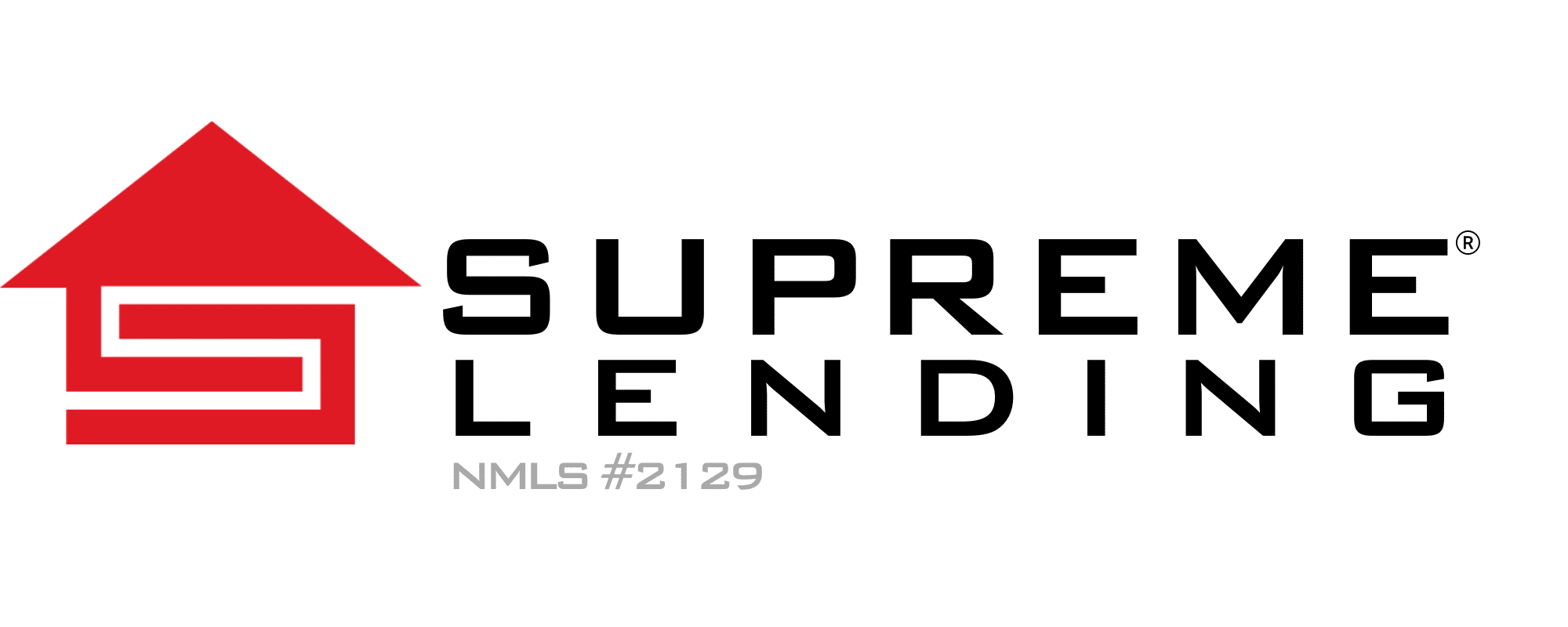
Conventional Loans
The dream of homeownership drives us as Americans, and not just as a measurement of success. Having safe and clean living quarters is central to raising a family and living a happy life. Of course, buying a house takes money, which means applying for a mortgage with a bank or other lender to obtain the funds to purchase the home.
Conventional loans are typically the vehicle for achieving homeownership. But what exactly are conventional loans? In short, conventional loans are any mortgage not covered by a government loan guarantee from agencies such as the Federal Housing Administration, Veterans Administration, and the U.S. Department of Agriculture. From the team at Supreme Lending, one of the best mortgage lenders in DFW, here’s what else you need to know about conventional loans.
The Basics of Conventional Loans
Banks, credit unions, and other chartered financial institutions issue conventional mortgage loans to borrowers who meet specific requirements. Conventional loans are the most common form of home lending, accounting for anywhere between 65% and 75% of borrowing activity over time, according to the U.S. Census Bureau.
While not guaranteed by federal agencies, conventional loans are backed by government-sponsored entities known as Fannie Mae and Freddie Mac. A conforming traditional loan adheres to standards designed by those entities; a nonconforming loan does not. Fannie Mae and Freddie Mac buy mortgages from lenders and market them to investors as a way of helping the mortgage lending market function in an orderly manner.
Requirements for a Conventional Mortgage
Eligibility for conventional loans can vary from lender to lender based on the individual institution’s standards. They are available to anyone who can meet the requirements. The categories of criteria include:
- Credit score: Generally speaking, conventional loan borrowers must have a credit score of at least 620, but that level could be set higher by individual lenders. The lower the credit score, though, the higher the interest rate you can expect.
- Down payment: The current minimum down payment is 3% of the purchase price, though many lenders will require a higher commitment, depending on your income levels and other factors. Adjustable-rate mortgages, for instance, require 5% down.
- Home price: Fannie Mae and Freddie Mac set maximum loan amounts for different areas of the country. The maximum loan amount for a single-family home in the continental United States in 2022 is $647,200. Maximum amounts increase for multifamily units.
- Private mortgage insurance: If your down payment is less than 20% of the purchase price, you will be required to pay an additional monthly fee for private mortgage insurance.
Let Supreme Lending Help Your Dream Come True
One of your questions may be: who are the best mortgage lenders in DFW? We believe Supreme Lending belongs on your list. Our advisers will guide you to finding the right mortgage that fits your financial circumstances. This may include conventional loans but also federally guaranteed loan programs such as FHA and USDA loans. Our goal is to cultivate long-term relationships for your home-buying needs. Call us or contact us online to schedule a consultation.
Discover our Programs and Processes



